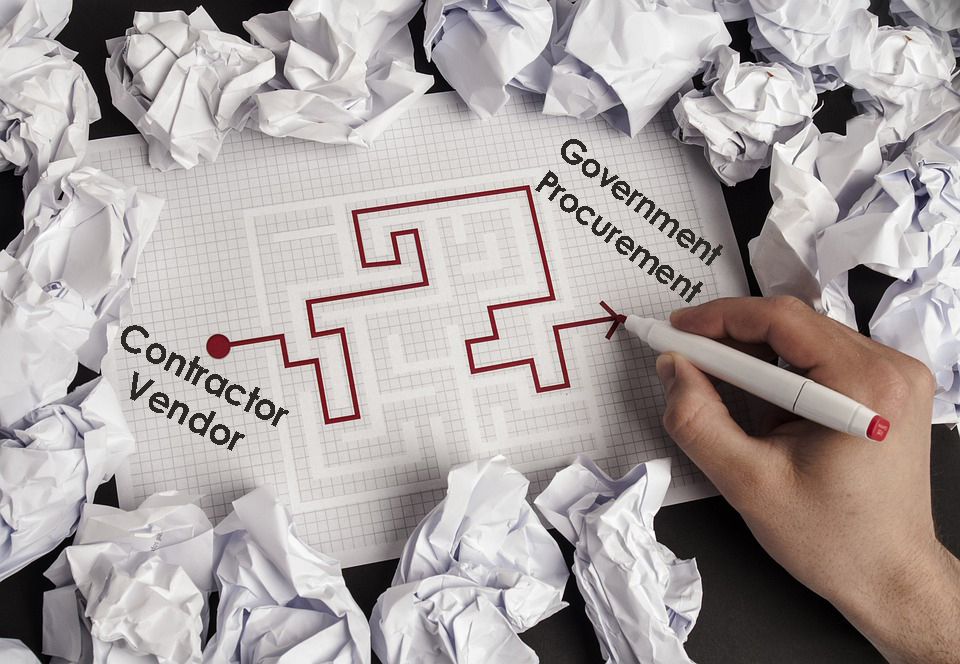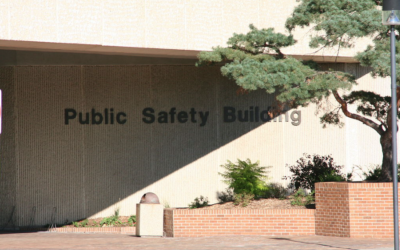Working with government procurement has changed over the past few years…and not necessarily for the better. Unfortunately, it is often harder now to sell to government than it was in the past.
State and local government spending now surpasses even that of the federal government. Many large, experienced firms are eager to move into state and local government marketplaces. That should be easy – because if it happens, citizens, taxpayers and governmental entities will definitely benefit.
But, too many public officials at the state and local levels of government – especially Directors of Procurement, CFOs and Program Managers – work hard to discourage meetings with new contractors and vendors.
That’s unfortunate because it creates a huge disincentive for private-sector firms – especially those new to the marketplace. They know the value of communication and credibility. Without some visibility with public officials, they are immediately at a disadvantage because public officials do business with companies they know and trust. Competition is stifled when communication stops and then collaborative efforts are impossible.
The problem, of course, is political. Legislators have created so much fear about public interactions with private-sector contractors, some have decided not to take any meetings at all. The result is that public officials no longer have opportunities to hear about leading-edge technology and/or innovative solutions that are working well in other states and jurisdictions. Taxpayers pay a high price when this happens.

Some states and local government entities are making efforts to remedy this solution…but this is so problematic, it should be happening everywhere.
Thirty-five states now have a central procurement office with statewide authority, but in 25 states, purchasing for services falls to multiple agencies. The states that have decentralized procurement authority are more difficult, more time-consuming and more bureaucratic. Many companies simply elect not to waste time in those regions.
On the flip side…good things are happening elsewhere. Miami, Miami Beach and North Miami have all launched financial portals that allow the tracking of all city financial records including a breakdown of payments to vendors. Orange County, Florida, holds monthly vendor meetings for companies to introduce themselves to county officials, hear updates on projects and stay up to date on policy changes. It is almost impossible to find companies that do not want to compete in Florida, the Sunshine State.
Dedicated to equity in procurement, Minnesota has launched an initiative to retrain more than 750 procurement staff members who will reach out to potential contractors, including minority and women-owned businesses.
Pennsylvania hired a new Chief Purchasing Officer who made it his mission to overhaul the way procurement was handled in the state. The first step was to create a task force to look at the entire procurement process across all state agencies. The task force initiated vendor forums to get feedback from suppliers and contractors. A mentor/mentee program was established and competition is now heightened. Taxpayers are the real beneficiaries when this kind of scrutiny is given to procurement and purchasing.
There are, of course, always going to be negative examples of procurement that has gone astray. These examples result from negligence, inefficiencies or a lack of transparency or consistent guidance. All of that is “fixable.”
Elected officials should take note. Collaboration is good for all parties. Competition can be encouraged and partnerships can be structured with transparency and sound principles. Let’s hope that collaboration can survive at a time when objectives are often accomplished most successfully by a combined effort between public- and private-sector partners.
SPI’s team of experienced procurement consultants have a long track record of identifying and winning public sector business. Contact them today!






